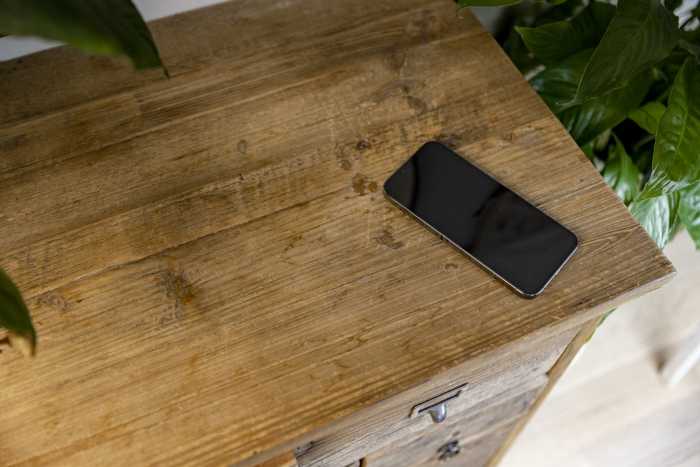
Recycling your devices is always an ecological choice
Why is recycling devices important?
Recycling your phone is a smart decision from both an environmental and human rights perspective. From a circular economy perspective, it is important for phones to have the longest possible lifespan. The use of recycled materials is also considerably more environmentally friendly than excavating new raw materials from the ground.
Additionally, in many countries, the raw materials used in phones are often mined using child labour. At DNA, we take controlling our supply chain very seriously and work with Telenor to ensure our operations are responsible.
Based on a study conducted by DNA, we can estimate that the company’s device recycling achieves emission reductions of up to 1,000 tonnes (CO2) per year. This is equivalent to driving almost 5.5 million kilometres in a petrol car with average fuel consumption. In addition, by properly recycling devices, it is possible to put valuable metals back into circulation, as the batteries and screens of smart phones and laptops contain materials like gold, platinum, silver and copper.
Increasing circular economy practices is one of the most significant aspects of our climate work. Our goal is to increase the percentage of phones recycled to 30% by 2030 (relative to the number of new phones sold in the current year).
Did you know that you currently have approximately 0.034 grams of gold, 16 grams of copper, 0.3 grams of silver and even a little platinum in your pocket?
It is important to make sure that the harmful chemical elements used in devices are not released into the environment. That’s why you should never dump your mobile phone or other electronics in nature or throw them into your mixed waste bin.
Recycling your devices with DNA is easy
Customers can bring their devices, like phones and modems to a DNA Store for recycling at any time. It is also possible to get credit towards a new device when you recycle phones, tablets or certain smart watches.
Our recycling process is responsible and data secure. All devices brought to DNA for recycling or replacement are processed to protect your data security. Any personal data remaining on the device is removed so that the data cannot be restored. We also recycle any valuable materials. All devices are recycled through Fonebank’s service. Find out more about recycling and trade-in credits here.
More than 20,000 devices were recycled through DNA in 2024.
Our online store for used phones, Vaihtokapula
DNA has been helping its customers recycle phones and offering trade-in credits for used phones for a long time. The DNA Trade-In service is continuously developed, taking into account customer feedback.
In January 2023, we established Vaihtokapula, an online store for used phones, which also marked the beginning of our used phone sales. Vaihtokapula aims to accelerate the circular economy of smartphones by making the purchase and selling of used phones easy and secure.
Electronic waste is the fastest-growing waste stream in the world. Additionally, mobile phones contain valuable precious metals, the extraction of which has a significant carbon footprint. From a circular economy perspective, it is particularly important to extend the lifespan of phones as much as possible. Explore Vaihtokapula.
DaaS enables effortless device recycling for our B2B customers.
Device as a Service (DaaS) takes care of device delivery and their lifecycle services in one package. Daas can be a good solution for businesses from a sustainability perspective as well, while the service devices are recycled securely and environmentally friendly by DNA at the end of the contract period. Learn more about the service here.
We also take care to properly recycle our own waste
Seeing our customers recycling their devices is important to us, but we also make sure our internal recycling is done properly. We produce more waste when we are upgrading our network than we do at any other time.
As we continue the process of getting rid of old and energy-inefficient technology, we produce a number of waste components, such as the following:
- cables (copper, fibre, current)
- electrical and electronic waste
- lead-acid batteries
- other batteries
- metals (incl. sheet metal, unsorted steel, various ferrous metals)
- telephone poles (incl. poles treated with creosote or pressure treated with salt)
- base station mounts
We plan all our operations carefully with our network construction partners. DNA also closely monitors the containers at recycling points and plans waste transport journeys in order to make them as energy-efficient as possible. This way, we reduce both our emissions and the number of kilometres driven by our drivers.
All waste produced at DNA’s offices and DNA Stores, from organic waste to confidential documents, is recycled appropriately. The amount of waste produced by DNA went down during the pandemic, when most DNA employees were working remotely.


